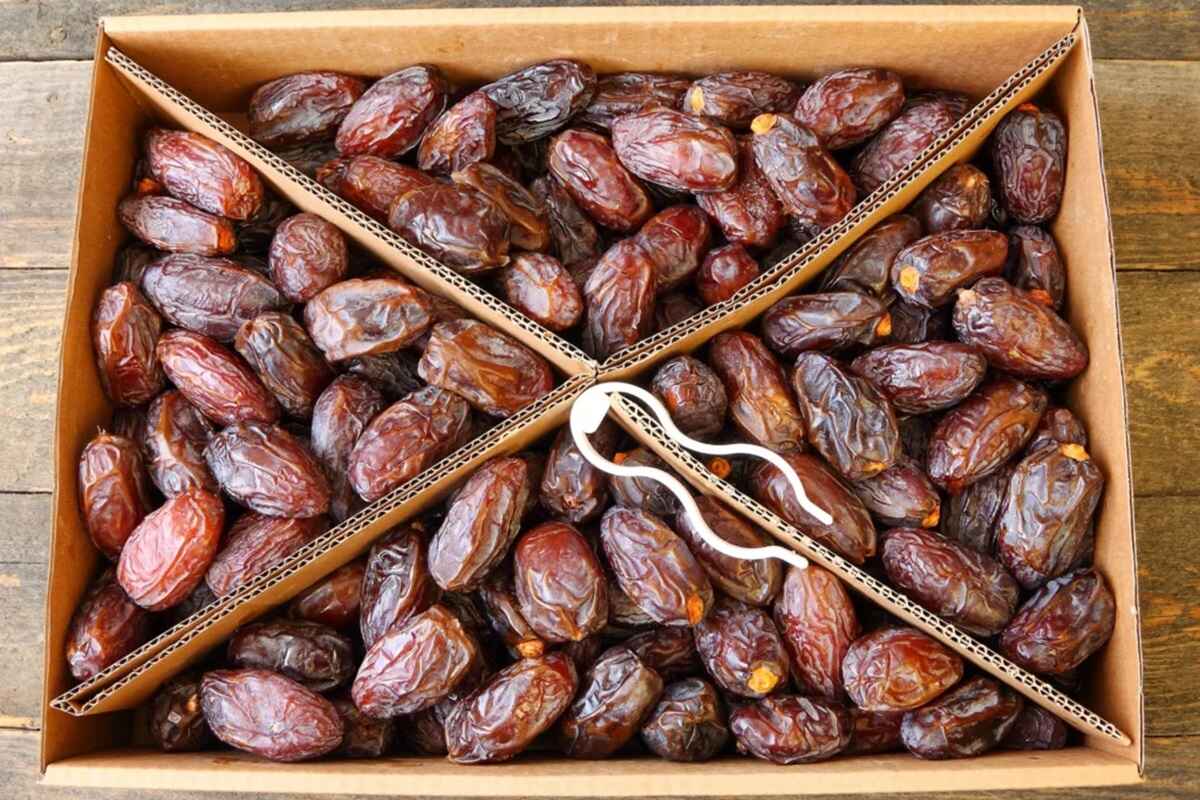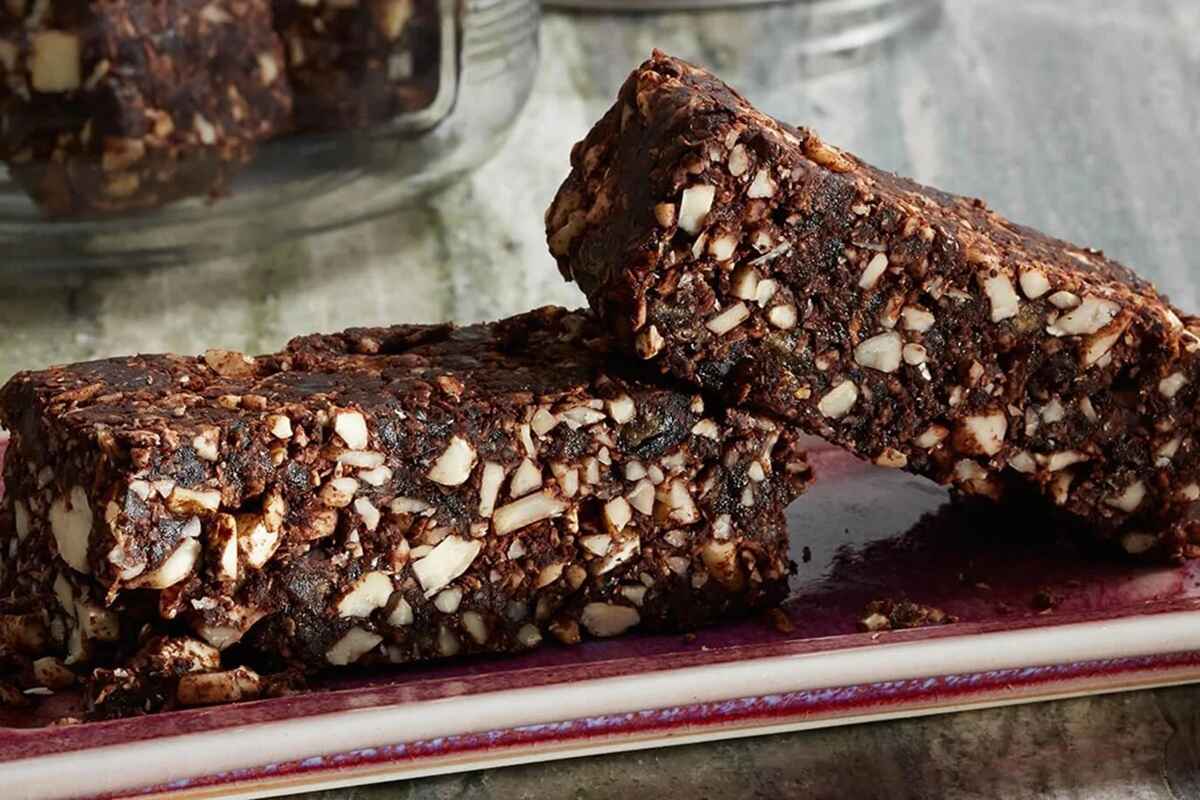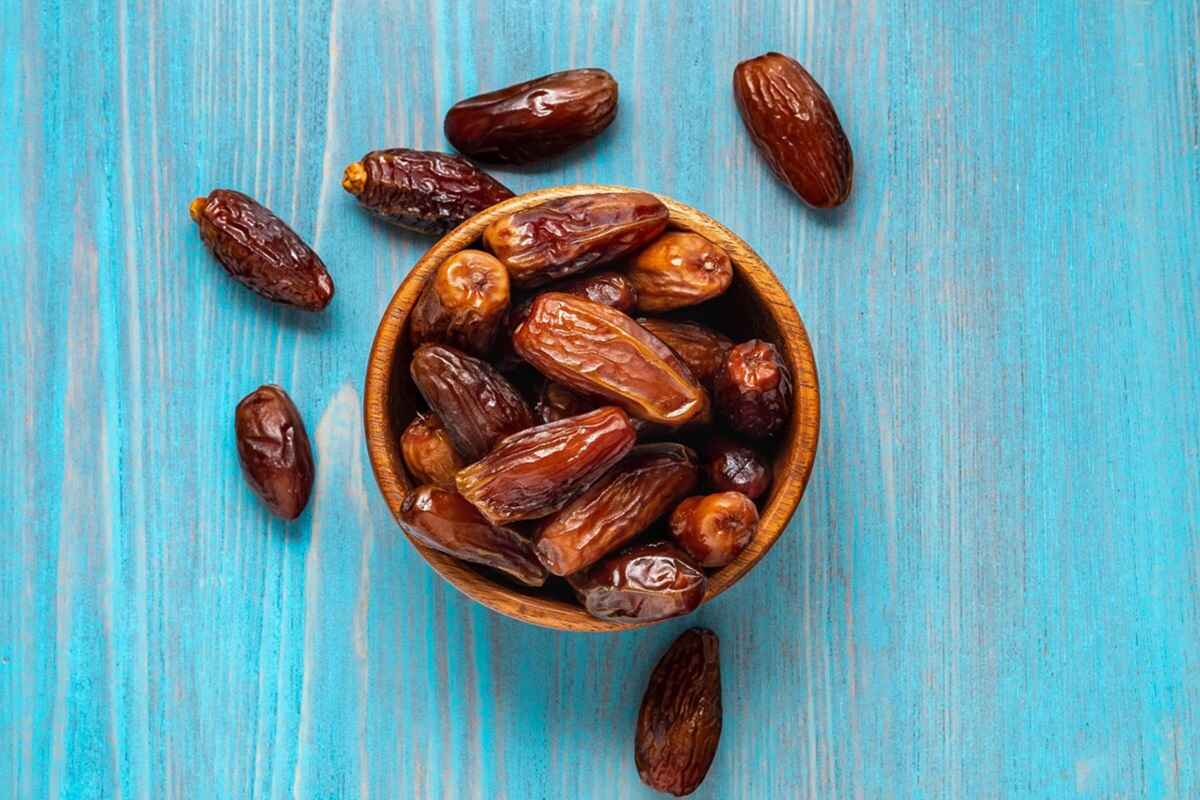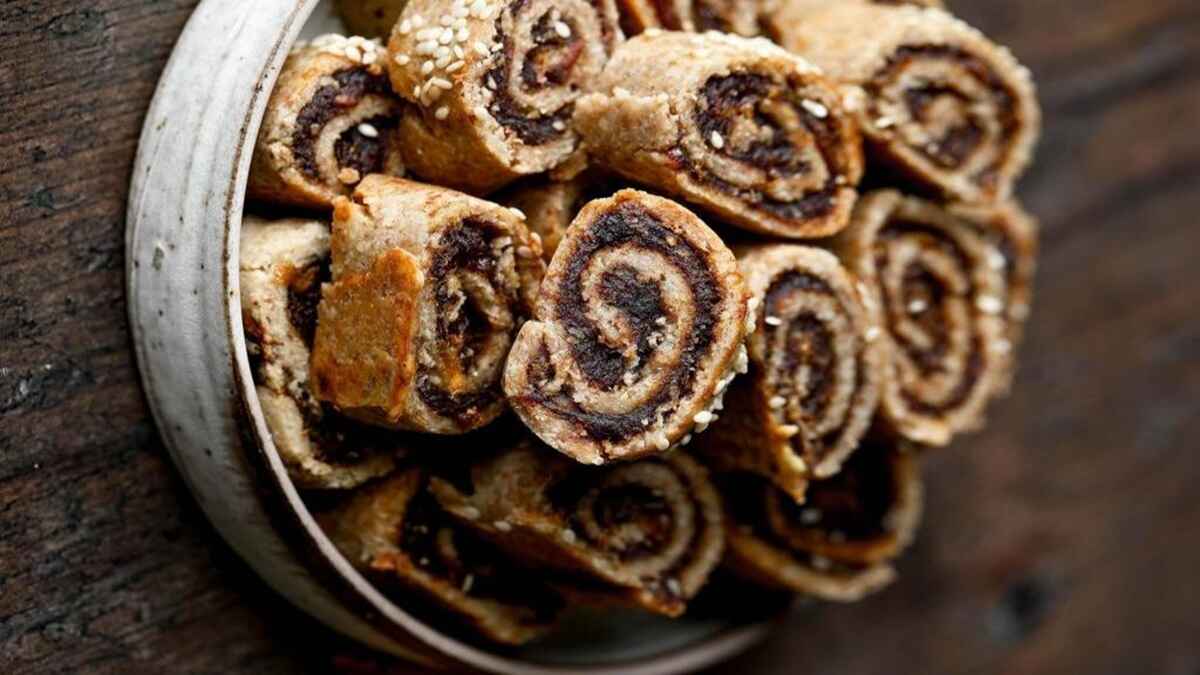Keeping Dates Fresh: Dates are among the most beloved dried fruits in the world, known not only for their naturally sweet flavor but also for their rich nutritional value and cultural significance. Over the past few years, their popularity has grown rapidly beyond the Middle East, reaching markets across Europe, Asia, and even the Americas. Today, the dates wholesale has become a thriving global trade, with countries like Iran, Saudi Arabia, and Egypt among the leading producers and exporters.
But buying the best quality dates in the world is only one part of the journey. What truly matters is how well you can preserve them afterward. Even the finest varieties, such as Piarom or Iranian Muzafati dates, can lose their texture, flavor, and nutrients if stored improperly. To keep dates fresh, soft, and safe to eat for months—or even years—it’s essential to understand the right storage conditions, from temperature and humidity control to packaging and handling.
In this article, we’ll explore the best and most effective methods for storing dates. By the end, you’ll know exactly how to protect your dates from spoilage, maintain their natural sweetness, and enjoy their full quality for as long as possible.
How Long Can Dates Last?
The lifespan of your dates—whether fresh or dried—greatly depends on how and where you store them. With proper care, these naturally sweet fruits can last surprisingly long while keeping their texture, flavor, and nutrients intact.
Fresh dates are more delicate and should be stored carefully to prevent them from losing moisture. When kept at room temperature in a cool, dry place and sealed in an airtight container, they can remain fresh for about one to two months. If you place them in the refrigerator, their shelf life extends to six to twelve months, allowing you to enjoy their soft, caramel-like taste for much longer. To maintain their quality, always keep them tightly sealed to avoid drying out or absorbing odors from nearby foods. When frozen, fresh dates can stay in good condition for up to a year or more without losing much of their natural sweetness.
Dried dates, on the other hand, have a naturally longer shelf life. When stored in an airtight container at room temperature, they typically stay fresh for six months to one year. Their lower moisture content makes them more resistant to spoilage and ideal for long-term storage or bulk sales.
The type of date also plays a role in how long they last. For instance, Medjool dates, known for their soft texture and higher moisture level, tend to have a shorter lifespan. In contrast, drier varieties such as Deglet Noor, Zahedi, and Piarom are naturally more stable and can maintain their quality for extended periods, even without refrigeration.
By choosing the right storage method based on the variety and intended use, you can ensure that your dates—whether Zahedi, Piarom, or Medjool—stay delicious and wholesome for months to come.
How to Store Dates Properly
The way you store your dates plays a major role in how long they will stay fresh and flavorful. Whether you’re dealing with soft, delicate varieties like Mazafati or firm, semi-dry ones like Piarom and Zahedi, the right storage method can make all the difference in preserving their natural sweetness, chewy texture, and nutritional quality.
In general, dates kept in the freezer have the longest shelf life, often lasting up to a year or more without losing their taste or texture. However, your choice of storage—room temperature, refrigerator, or freezer—should depend on how frequently you use dates in your daily meals. If you consume them regularly, keeping a small amount at room temperature is convenient. For long-term preservation, refrigeration or freezing is the smarter option.
Humidity and heat are also key factors that affect the freshness of dates. Always store unopened packages in a cool, dry place, away from direct sunlight or sources of heat. Once opened, it’s best to transfer the dates into a vacuum-sealed or airtight container, which helps maintain their moisture balance and prevents bacterial or fungal growth. This method locks in the fruits’ flavor and texture while significantly slowing down spoilage.
By following these simple but effective steps, you can ensure your Piarom dates, Zahedi dates, or any other favorite variety remains fresh, delicious, and safe to eat for an extended period.
The Best Way to Freeze Dates for Long-Term Storage
Freezing is one of the most effective ways to extend the shelf life of your dates—especially if you’ve purchased a large batch of fresh ones that you won’t use right away. Whether you’re dealing with soft Mazafati dates or semi-dry types like Piarom and Zahedi, freezing helps preserve their flavor, nutrients, and color for months without the need for preservatives.
Here’s a simple, step-by-step guide on how to freeze dates properly:
Clean and prepare the dates.
Gently wipe the dates with a clean, dry cloth to remove any dust or debris. Then, remove the pits from the center of each date. This step is important, as pitted dates are easier to use later and won’t tear or break during freezing.
Arrange the dates for pre-freezing
Line a baking sheet with parchment paper and place the dates on it in a single layer, making sure they don’t touch each other. Leaving a small gap between the fruits prevents them from sticking together once frozen.
Freeze until firm
Place the tray in the freezer and let the dates sit for a few hours—usually about 3 to 4 hours—until they become firm to the touch. This pre-freezing step ensures that each date remains individually frozen rather than forming a solid block.
Store in airtight packaging
Once the dates are completely firm, remove the tray from the freezer and transfer the fruits into a vacuum-sealed bag or airtight container. Squeeze out as much air as possible before sealing to prevent freezer burn and moisture loss. Label the container with the date of freezing so you can easily track how long they’ve been stored.
When frozen correctly, dates can last up to a year or more without losing their natural sweetness or nutritional value. However, it’s important to note that thawed dates often become softer and slightly mushier than fresh ones. This doesn’t mean they’ve gone bad—it simply reflects a change in texture caused by ice crystals forming inside the fruit.
Thawed dates are perfect for recipes where texture isn’t crucial, such as in smoothies, energy balls, sauces, or when chopped into cakes and bread. If you prefer eating them as snacks, simply allow the frozen dates to thaw slowly in the refrigerator overnight, which helps them retain more of their natural texture and taste.
By following these simple steps, you can enjoy your favorite Piarom, Mazafati of Bam, or Zahedi dates all year round—fresh, flavorful, and ready for any recipe.



